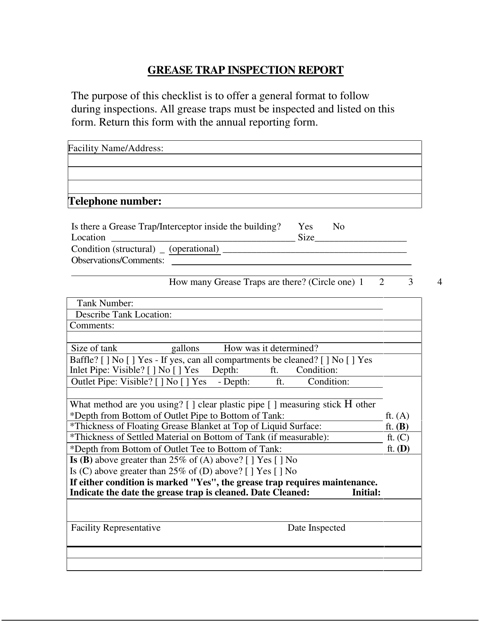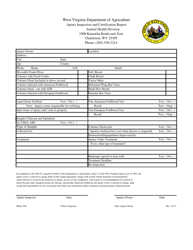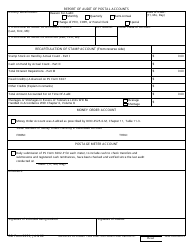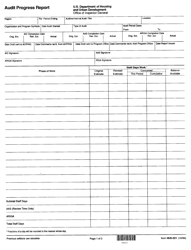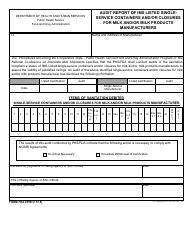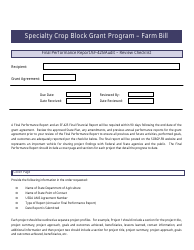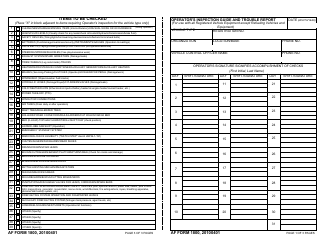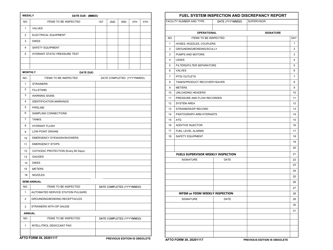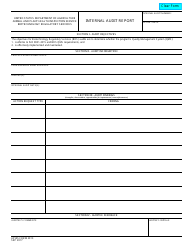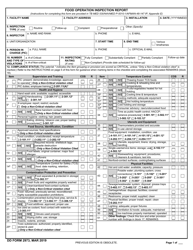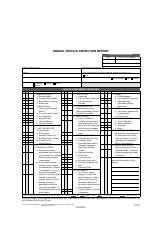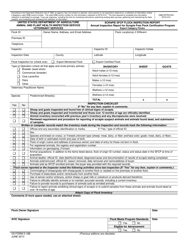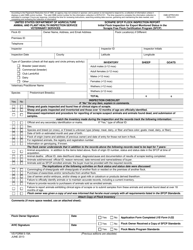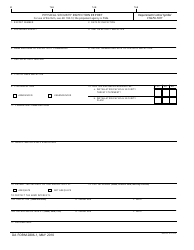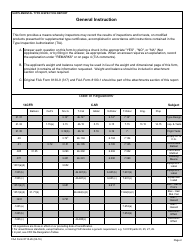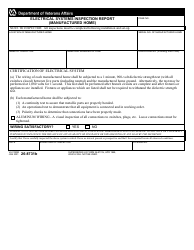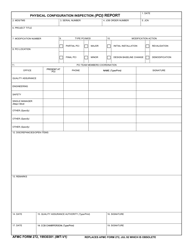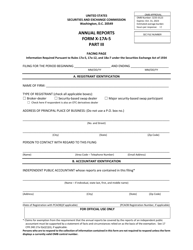Grease Trap Inspection Report - West Virginia
Grease Trap Inspection Report is a legal document that was released by the West Virginia Department of Environmental Protection - a government authority operating within West Virginia.
FAQ
Q: What is a grease trap?
A: A grease trap is a plumbing device that captures fats, oils, and grease (FOG) from wastewater to prevent them from entering the sewer system.
Q: Why are grease traps important?
A: Grease traps are important because they help prevent clogs and blockages in the sewer system caused by FOG.
Q: What is a grease trap inspection report?
A: A grease trap inspection report is a document that details the findings of a routine inspection of a grease trap, including its condition and any necessary maintenance or repairs.
Q: Who conducts grease trap inspections?
A: Grease trap inspections are typically conducted by health department officials or other regulatory agencies.
Q: How often should grease traps be inspected?
A: The frequency of grease trap inspections varies by jurisdiction, but they are generally required to be inspected at least once every three months.
Q: What happens if a grease trap fails inspection?
A: If a grease trap fails inspection, the owner or operator may be required to make necessary repairs or modifications to bring it into compliance with local regulations.
Form Details:
- The latest edition currently provided by the West Virginia Department of Environmental Protection;
- Ready to use and print;
- Easy to customize;
- Compatible with most PDF-viewing applications;
- Fill out the form in our online filing application.
Download a printable version of the form by clicking the link below or browse more documents and templates provided by the West Virginia Department of Environmental Protection.
